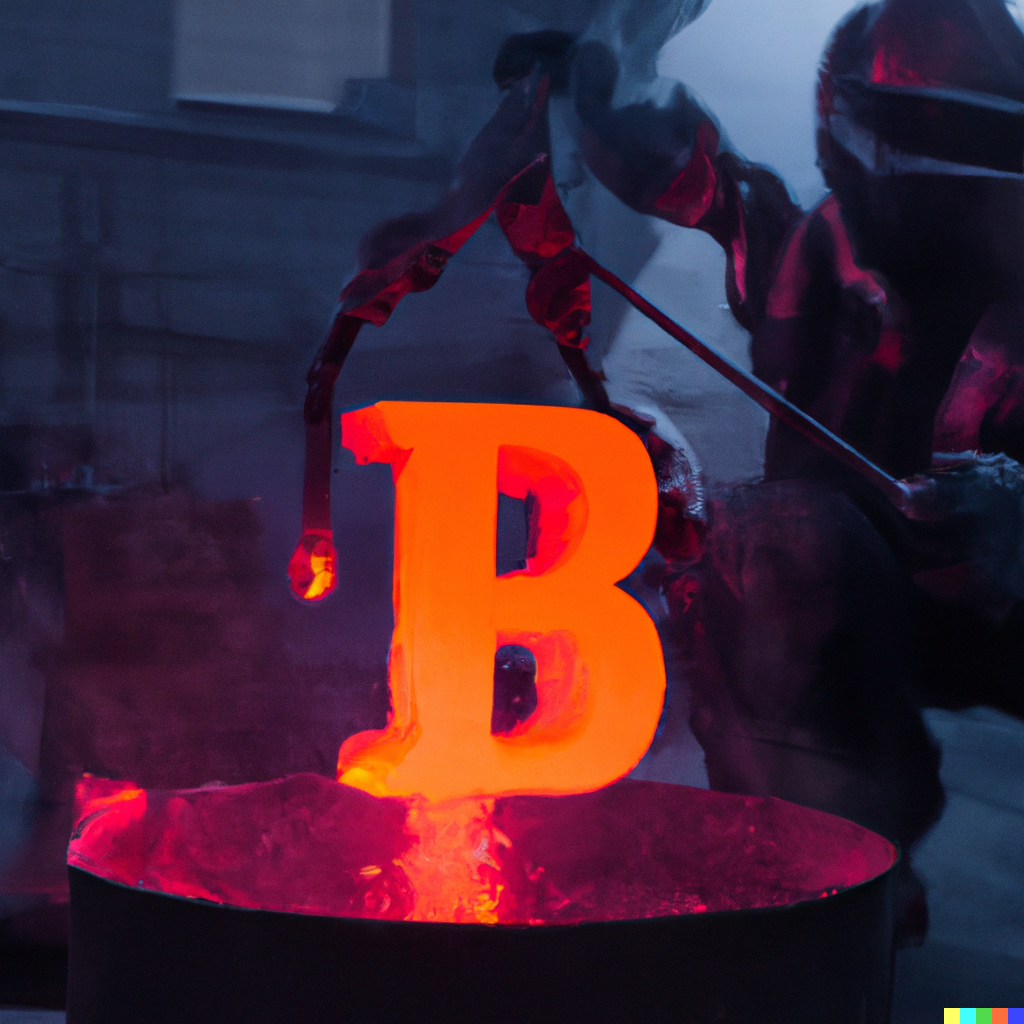
Foundry Pool is nearing the 40% network hashrate mark–an uncomfortable margin for many Bitcoin enthusiasts.
While an attestation to the Foundry team’s ability to bootstrap, grow and sustain a mining pool within three years, the percentage needs to come down for a few reasons. Chief among them being the type of clients Foundry services: public miners.
Yes, miners can point their hashrate elsewhere if Foundry does something distasteful. Also, yes, alternative pools could bootstrap in the event of a censorship attack on Bitcoin.
But it’s key to remember it’s not necessarily about the possibility of Bitcoin ‘dying,’ but rather its social guarantees withering on the vine as public miners cater to Washington, D.C., mandates.
North American public miners have a history of appeasement to authority and increasingly make up a large percentage of the network. Take, for example, Marathon’s infamous (and later recanted) transaction screener or DMG Pool’s Blockseer, which built ‘carbon-neutral’ Terra Pool along with Argo Blockchain. Add an increasingly hostile faction of the Democratic Party toward Bitcoin’s energy usage and neutral settlement, and it's not difficult to foresee attempts at mining mandates–mandates which would hurt Bitcoin's strong social guarantees.
There are two threats worth paying attention to: confirmation times and feather forks.
First, the more hashrate Foundry or another mine acquires, the more confirmations everyone should wait for a Bitcoin transaction to settle, as Bitcoin developer and Casa CTO Jameson Lopp pointed out in the article that spurred this newsletter topic.
As Lopp puts it:
“The 6 block confirmation rule of thumb to achieve 99.99% assurance a double spend can't happen (and assumes a 10% hashrate attacker) now requires 60 confirmations to achieve the same level of confidence.”
Second, feather forks. Here, miners with significant hashrate can choose not to build on recent blocks with politically incorrect transactions. For example, if ACME Mining Co. doesn’t like a block with a distasteful Inscription, it can attempt to orphan the block with the Inscription by building off another block.
Feather forking, also known as block discouragement, is an attempt at soft-censorship: it won’t always win out, but it can alter how people view Bitcoin’s rule set. Marathon's choice to be ‘sanction compliant’ falls in a similar bucket, although it didn't go so far as to attempt to orphan blocks.
That being said, Foundry has articulated its devotion to decentralization. The historical norm has also been toward the ebb and flow of hashrate dominance. Hashrate concentrates, either in pools or jurisdictions, only to unwind as the underlying business falls apart. I’d put my sats on more of the same.

